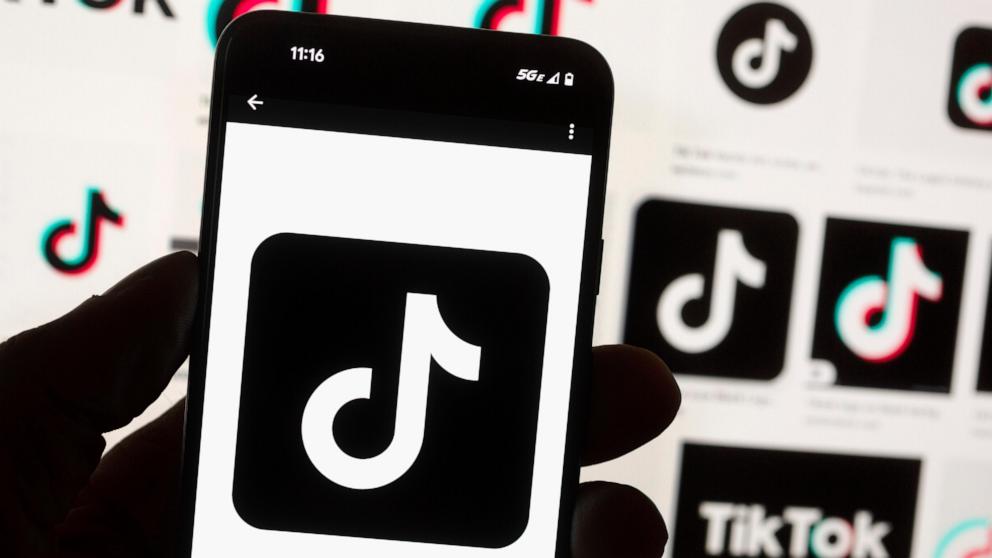Legislation to Force TikTok Sale Faces Legal Battle
NEW YORK — Legislation signed by President Joe Biden on Wednesday, requiring TikTok’s parent company to sell the popular video-sharing platform or face a ban in the U.S., has sparked a legal battle that could have far-reaching implications for digital media and free speech rights.
Critics of the law argue that forcing ByteDance, TikTok’s China-based owner, to sell the platform violates the First Amendment rights of its 170 million U.S. users. The American Civil Liberties Union and other advocacy organizations have raised concerns that the government has not provided sufficient evidence to justify banning TikTok.
Legal experts note that the central question in the upcoming court battle will be whether a TikTok ban infringes on the free speech rights of its users. The ACLU’s Patrick Toomey emphasized that a ban could stifle free expression and restrict public access to a platform that has become a central source for information sharing.
TikTok has expressed confidence in its ability to challenge the law in court, with CEO Shou Chew stating, “Rest assured, we aren’t going anywhere. The facts and the Constitution are on our side, and we expect to prevail again.” However, the outcome of any litigation is uncertain, and the battle could potentially reach the Supreme Court.
The government is expected to respond to TikTok’s legal challenge with national-security claims, which were cited as the legislation was being debated in Congress. While some legal experts believe national-security arguments could carry weight, questions remain about why TikTok is being singled out for scrutiny compared to other U.S.-based tech companies.
If the law is upheld, there could be wider ramifications beyond TikTok. The legislation was part of a larger package that includes provisions aimed at preventing data brokers from selling sensitive information to countries like North Korea, China, Russia, and Iran. Critics warn that the broad language of the law could have unintended consequences for journalists and others who publish personal information.
Overall, the legal battle over TikTok’s future in the U.S. is shaping up to be a complex and high-stakes showdown with implications for free speech, national security, and the regulation of digital platforms.


